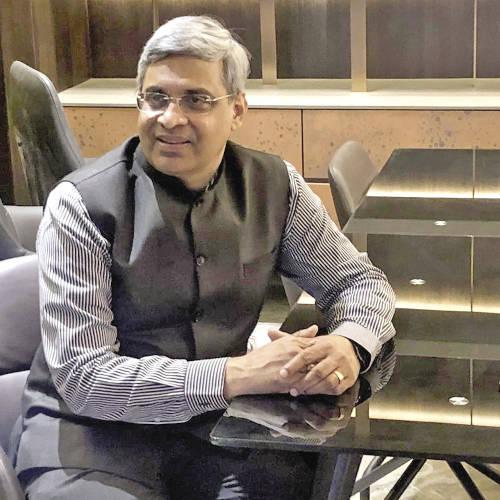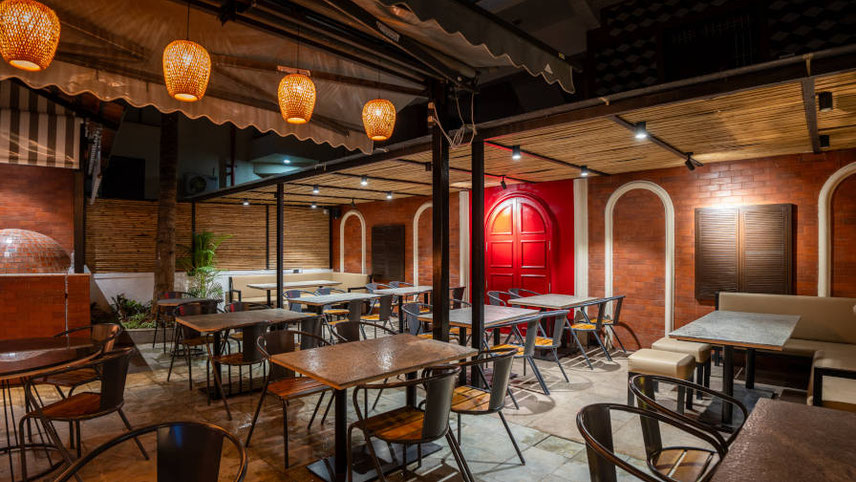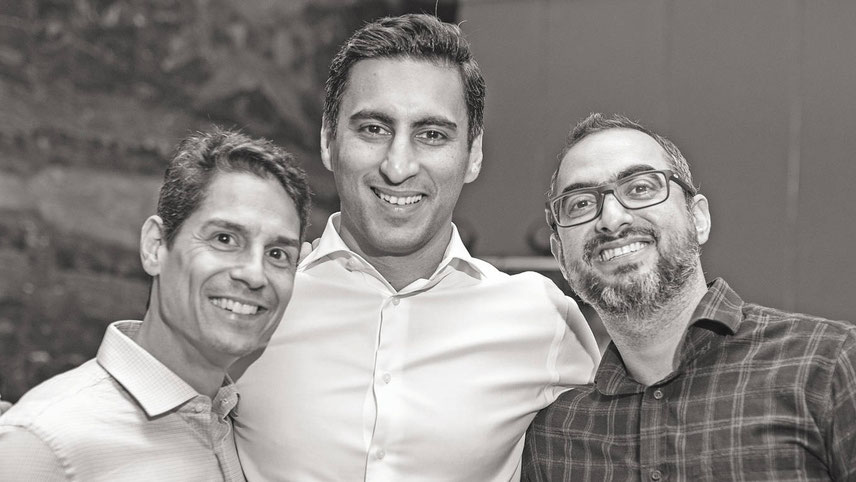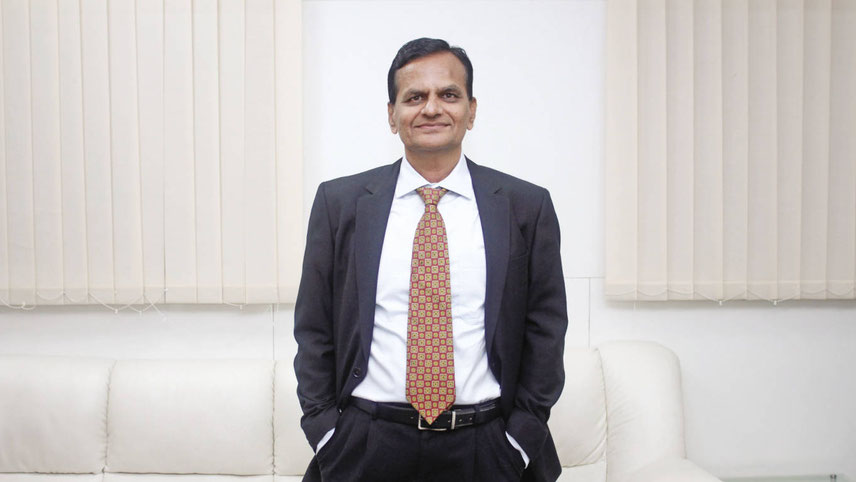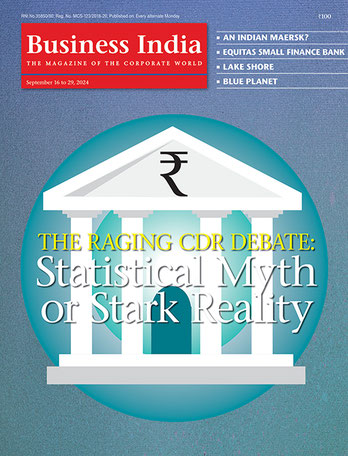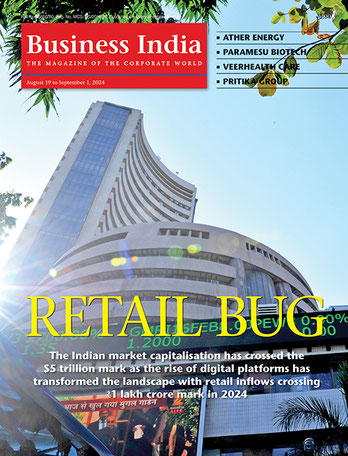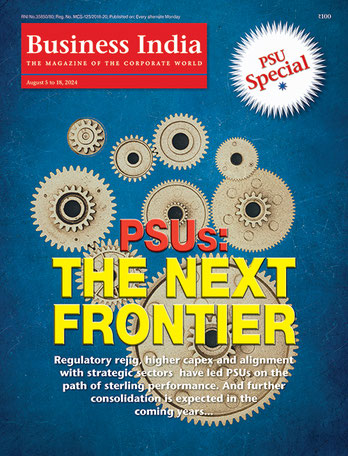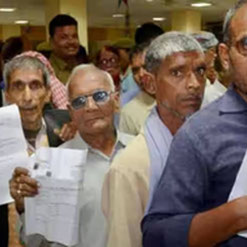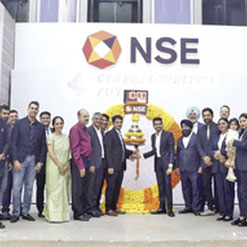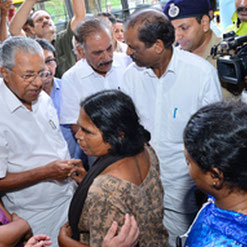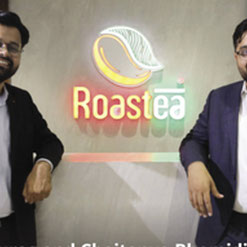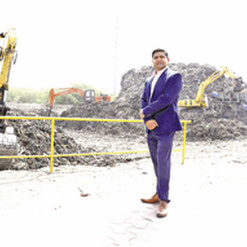During a chilly winter evening, twins Anurag and Chaitanya Bhamidipaty, both lawyers at a Mumbai-based law firm, felt the yearning for a nice cup of ghar wali chai or a good filter coffee. Ironically, they were sitting at a tea joint and having tea at that time. Their discussion soon moved to how India lacks a good vending machine or a tea joint, which can give authentic filter coffee or chai, just like how one has it at home. Graduates from Gujarat National Law University, Gandhinagar, they had commenced their careers in 2016 and moved to a city away from their home. They felt that tea and coffee served at popular cafes and, even at workplaces, lack the consistency, flavour and quality that most look for. Limited and unhealthy premix options were available in plenty and, therefore, the gap in the market was evident. “Andhrites by birth, we were raised in Gujarat,” says Anurag Bhamidipaty, while stressing his innate desire of becoming an entrepreneur. “Doing business came naturally to us”. Both the brothers decided to quit their high-paying jobs and follow their heart of becoming entrepreneurs at the age of 25. What followed next was nothing short of an exciting journey of two siblings exploring their passion of providing India with that perfect cup of tea and coffee that you always desire for at your workplace, at a date and even while hanging out with your friends. “As a lawyer you are trained to become thorough in your research and be creative, analytical and persevering. During the next few months, we focussed all our learnings on our quest to find an answer for that perfect blend of ghar wali chai and flavoured coffee,” says Chaitanya. Their efforts paid off soon as, after months of research and understanding of the sector, Anurag and Chaitanya realised that the core problem lay in the vending machines, which were mostly imported and still functioning on old technology that could not sate the taste of the new millennial generation. “We believed in deep diving and only then concluding,” recalls Chaitanya. “Hence, during the market analysis, we learned that there were many poor-quality imported vending machines that big corporates used, which broke down easily”. The brothers decided to make their own machines in India, using innovative and state-of-the-art technology that would maintain the brewing consistency and prepare properly flavoured tea and coffee. Also, one would have complete control on the machines, without having to depend on an external vendor, whose tunes they were being forced to dance to until then. Thus, the Roastea journey began – innovating and manufacturing a vending machine that not only serves good and multiple beverage options but also has a long shelf life and is low on maintenance. Anurag and Chaitanya were determined to provide a good blend of tea and coffee range that ensured that employees were not reminded of home at work, as their basic break-time needs are met. Growth vs profits? The boom in the Indian start-up ecosystem was closely studied by the brothers. Driven by aggressive growth strategies and cash burns while chasing tall valuations, Indian start-up founders at the time were in a race to become the next unicorn. “As we were about to start our journey as entrepreneurs and firming up our strategy, we went to our father and mentor Ravi Bhamidipaty, to seek his guidance on our growth strategy,” says Anurag.
-
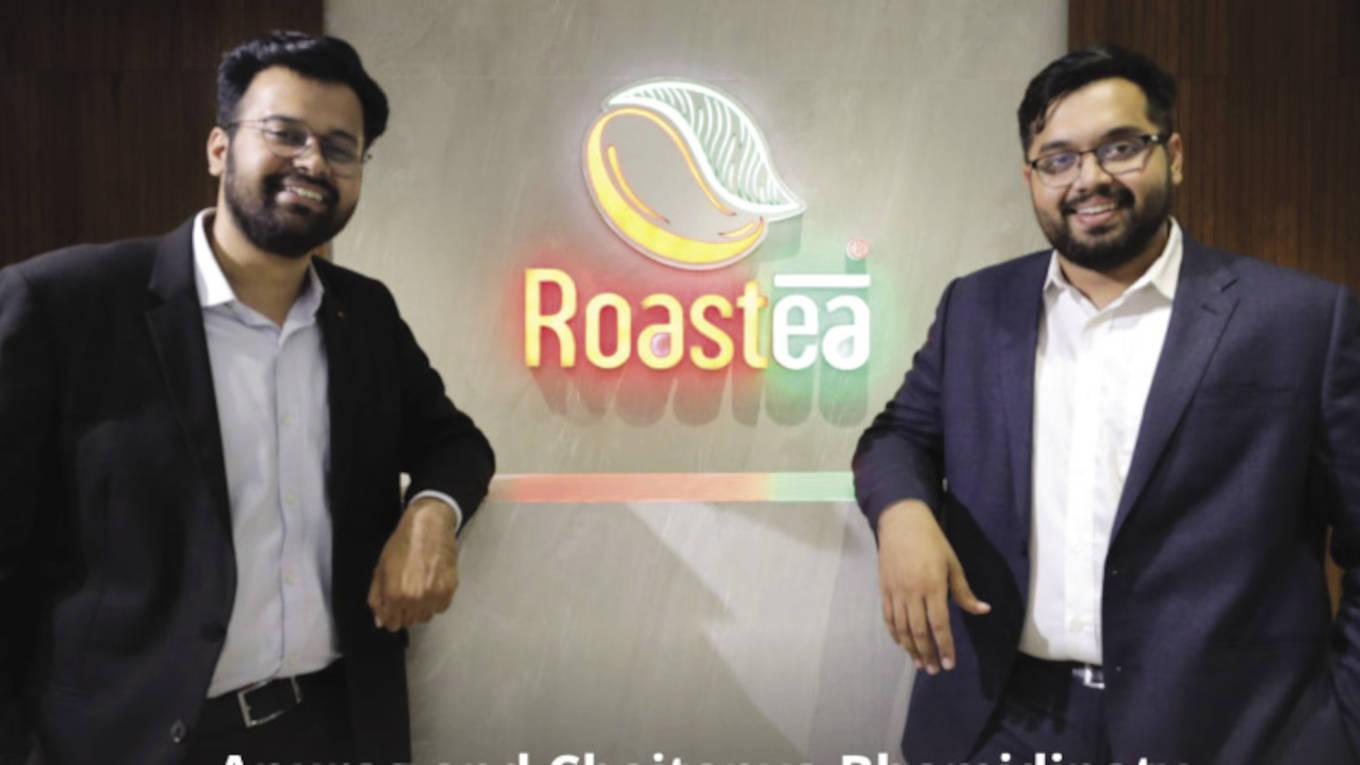
Anurag and Chaitanya: our plans are ambitious









